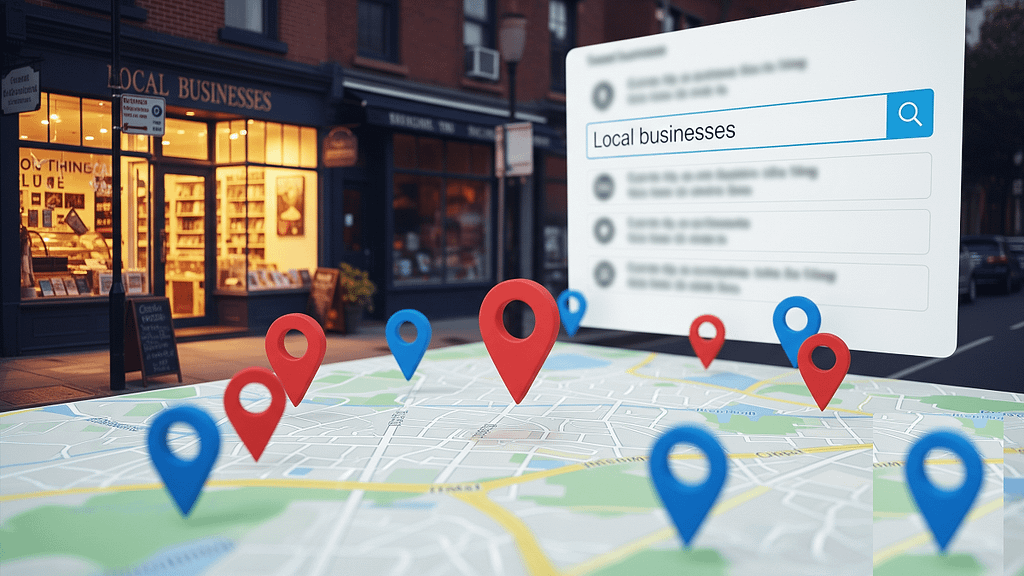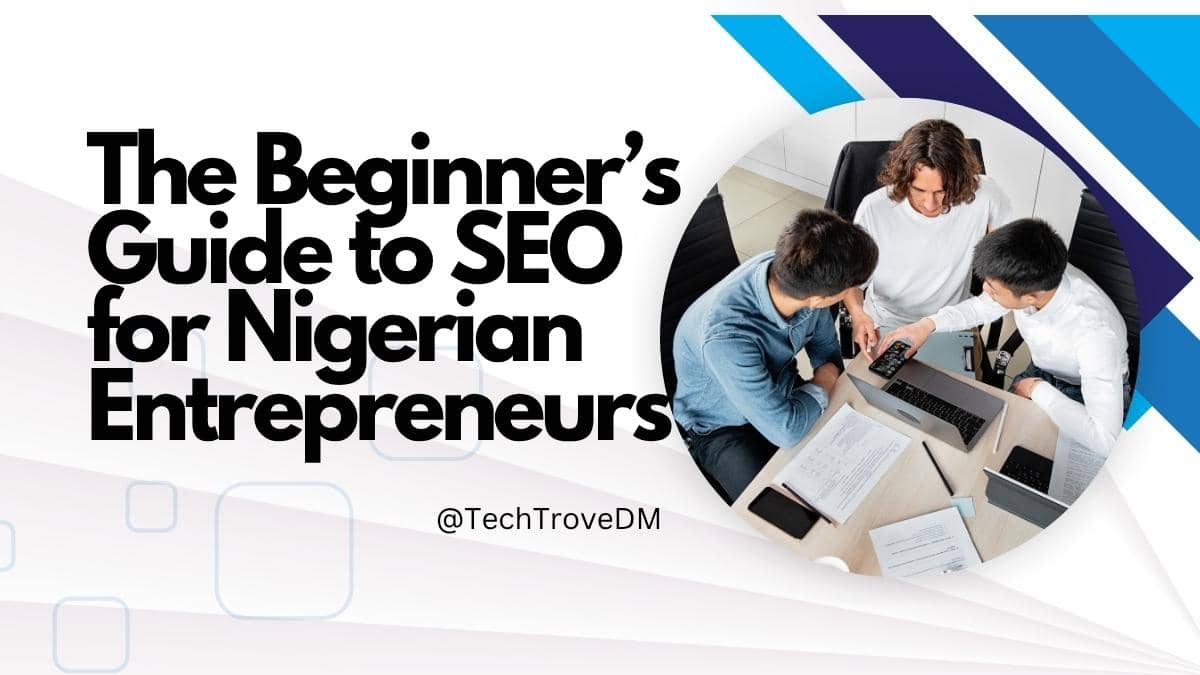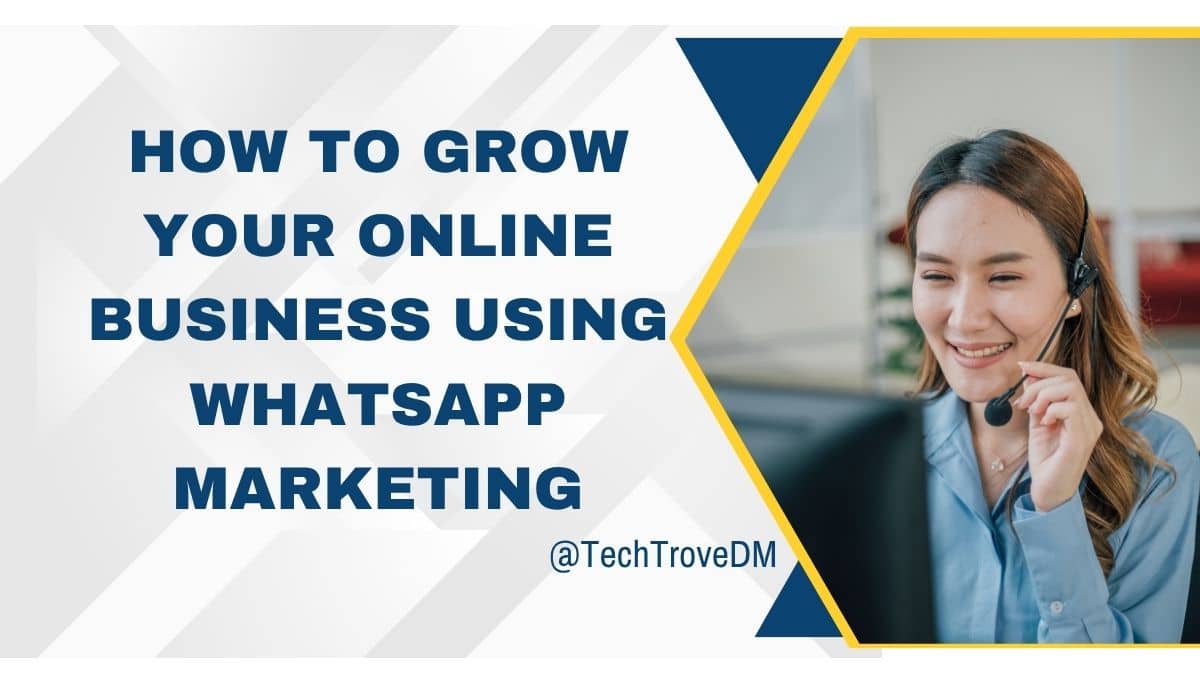Unlocking the Power of Local SEO for Small Businesses
Why Local SEO Matters for Small Businesses
In today’s digital-first marketplace, local search engine optimization (SEO) is no longer optional—it’s essential. More than 46% of all Google searches have local intent, meaning customers in your community are actively searching for products and services near them. If your small business isn’t optimized for local searches, you’re leaving money on the table for competitors who are.
Local SEO levels the playing field, allowing small businesses to compete with bigger brands by targeting highly relevant, location-based searches. Imagine appearing in Google’s “Local 3-Pack” (the top three map results) whenever someone nearby searches for “best bakery near me” or “plumber in [city].” That visibility translates directly into foot traffic, phone calls, and sales.
What is Local SEO?
Local SEO is the process of optimizing your online presence to attract more customers from relevant local searches. Unlike traditional SEO, which focuses on ranking nationally or globally, Local SEO helps you rank higher in location-based searches on Google and other search engines.
Key components of Local SEO include:
- Google Business Profile (GBP) optimization
- Local keywords targeting your city, neighborhood, or region
- NAP consistency (Name, Address, Phone number) across the web
- Local link building from community sites, directories, and news outlets
- Customer reviews and ratings that boost trust and rankings

Benefits of Local SEO for Small Businesses
1. Increased Visibility in Local Searches
Ranking in local searches means your business is seen by people actively searching for what you offer.
2. Higher Conversion Rates
According to Google, 78% of local mobile searches result in a purchase within 24 hours. That’s unmatched conversion potential.
3. Cost-Effective Marketing
Unlike paid ads, Local SEO delivers long-term, organic traffic with minimal ongoing costs.
4. Builds Trust and Authority
Positive reviews and consistent local citations make your business a trusted choice in the community.
5. Competitive Advantage
Many small businesses still underutilize Local SEO. Optimizing now gives you a head start before competitors catch up.
Step-by-Step Guide to Unlocking Local SEO
1. Optimize Your Google Business Profile (GBP)
Your GBP listing is the backbone of Local SEO. Ensure that:
- Your business name, address, and phone number (NAP) are accurate.
- You choose the right categories and services.
- Add high-quality photos of your business, products, or team.
- Post updates regularly to engage customers.
- Encourage and respond to customer reviews.
2. Target Local Keywords Strategically
Use tools like Google Keyword Planner or Ubersuggest to find local variations of your main keywords.
Examples:
- “Hair salon in Port Harcourt”
- “Affordable digital marketing services in Lagos”
- “Best café near Ada George Road”
Incorporate these into your:
- Title tags & meta descriptions
- Header tags (H1, H2, H3)
- Blog posts and landing pages
- Image alt text
3. Build Local Citations & Backlinks
Consistency is critical. Ensure your NAP details are identical across:
- Online directories (Yelp, Yellow Pages, Nairaland Business, VConnect, etc.)
- Local chambers of commerce websites
- Industry-specific listings
Additionally, seek backlinks from:
- Local bloggers
- Community news websites
- Sponsorships and local events
4. Encourage Customer Reviews
Google values reviews as a trust signal. Ask satisfied customers to leave reviews on:
- Google Business Profile
- Facebook Business Page
- Yelp or industry-specific sites
Pro Tip: Always respond to reviews (both positive and negative) to show engagement.
5. Create Locally Relevant Content
Go beyond generic blog posts. Write content that resonates with your community, such as:
- “Top 10 Restaurants in Port Harcourt for Family Dining”
- “A Small Business Guide to Surviving Fuel Scarcity in Nigeria”
- Event-based posts like “Best Valentine’s Day Offers in [City]”
This positions your brand as locally relevant and boosts engagement.
6. Optimize for Mobile and Voice Search
With the rise of smartphones and voice assistants, many local searches are voice-driven.
- Optimize your site for mobile speed and UX.
- Use conversational keywords (e.g., “Where can I find a reliable tailor near me?”).
7. Track and Measure Performance
Use tools like:
- Google Analytics – track traffic and conversions
- Google Search Console – monitor keyword rankings
- GBP Insights – measure calls, visits, and clicks
Local SEO Mistakes Small Businesses Must Avoid
- Inconsistent NAP across directories
- Ignoring customer reviews or failing to respond
- Keyword stuffing instead of natural placement
- Neglecting mobile optimization
- Not updating Google Business Profile regularly
Future Trends in Local SEO
- AI-driven local search: Google’s AI is making results more personalized.
- Hyperlocal targeting: Businesses will rank not just by city but by neighborhood.
- Voice search dominance: Optimizing for natural, spoken queries is becoming critical.
- Video content: Short, geo-tagged videos on YouTube and TikTok can drive local visibility.
Conclusion: Winning Locally with SEO
For small businesses, Local SEO is the fastest way to attract nearby customers and grow sustainably. By optimizing your Google Business Profile, targeting local keywords, building citations, and engaging your community with authentic content, you can secure top spots in Google’s local search results.
Remember: customers are searching for your products and services right now. The question is—will they find you or your competitor?
Start implementing these Local SEO strategies today and watch your small business become the go-to choice in your community.






